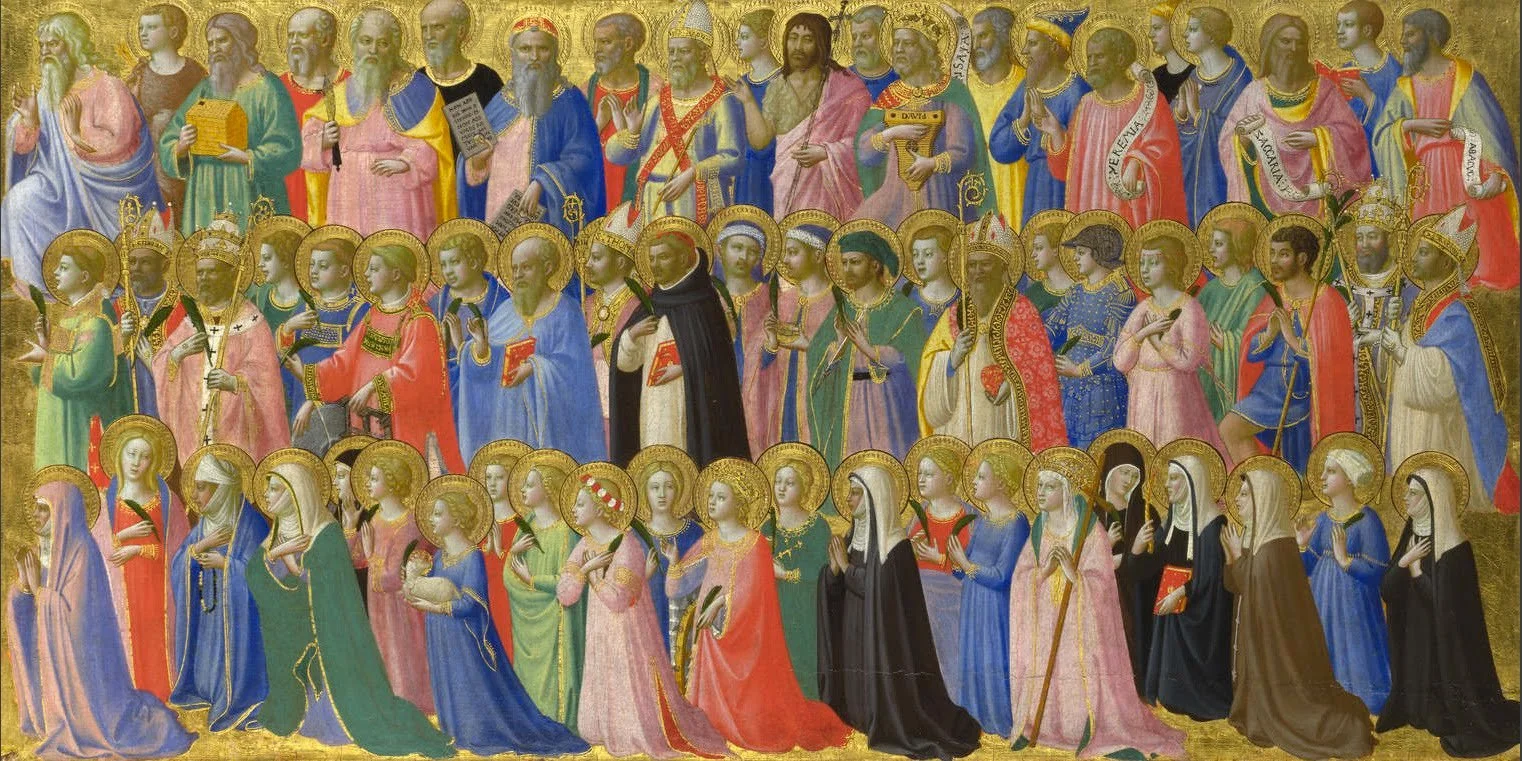Discerning Vocation Together
Mark Labberton took the helm at Fuller Theological Seminary a year and a half ago, following the retirement of Rich Mouw, of whom I am an unabashed fan (evidenced here, here, and here — and, if you need photographic proof, here). Needless to say that, in my estimation, Labberton has big shoes to fill.
In an interview with Christianity Today at the time of his appointment, he gave some clues as to where he plans to take Fuller in the years and decades to come. Observing from a distance, I detect a shift in the direction of preparing students for callings not simply within the walls of the church, but beyond. That turn is partly pragmatic, to be sure, but having recently read Labberton’s new book, Called, it’s clear he genuinely cares deeply about callings and vocations of all shapes and sizes.
A section of the book that I found particularly helpful is the chapter “The Way of the Beloved,” in which he writes, “We matter, and our calling matters, not because we’re the supreme test of anything but because we exist for the joy and satisfaction of our Maker, whose love alone enables us to flourish.”
Our primary calling, Labberton writes, is to be the beloved. “We are to live as the beloved together — with other human beings but with those in Christ’s family especially. We are the conglomeration of the unexpected. We are the recipients of the down payment of the kingdom of God by the indwelling Holy Spirit. All this becomes the makings of ‘one new humanity,’ the beloved community.”
When someone mentions the idea of “beloved community” we shouldn’t overlook its origins — with MLK and the civil rights movement — a movement that was grounded, remember, in a Christian vision for peace, justice, and reconciliation. There’s an awful lot we have yet to learn about this vision, and we’d do well to pay attention to the wisdom of “beloved community.”
It’s precisely here that Labberton situates his reflections on the importance of discerning vocation together. “My vocation can be discovered only in the context of our vocation,” he writes.“It only makes sense that it would be so, since belovedness is never isolated or singular. We discover and live our belovedness in Christ with and for one another. This is what church means.”
Being part of the church, Labberton continues, “means practicing the identity of belovedness together.” And this practice becomes most tangible — most believable, too, you might say — in the sacraments, and particularly in the Eucharist:
We come to the table together and leave together, remembering that our vocation starts and ends as the beloved community. Of course, that is easier said than done, and that’s why our doing it over and over is so important. We come in frailty and in joy. We come at times when being loved and loving are anything but clear or natural. We come in hope and also in brokenness. We come full-hearted and we come empty-handed. We come loving one another, but we also come in our division, in our resentment or of boredom with one another…
Life in the beloved community is often more broken than healed, more confusing than clear, more divided than one — but it is of the very essence of our identity and vocation. We live as the beloved, and we rehearse what that means in the communion of others who share it. It’s a space where we can get some things marvelously, wonderfully right. We can also do injury. No one said it would be perfect. But Jesus said it would be an easy yoke and a light burden. It’s the right work, even if it’s tough.
Therein lies our primary calling as brothers and sisters, and from it flows all our particular and varied callings, something I’ll have more to say about next time around.
